 It may not make headlines that the EU and Kazakhstan are upgrading relations, in the form of an enhanced Partnership and Co-operation Agreement (PCA), even as a delegation of government officials prepares to depart for Brussels for the next round of negotiations, on 30 June and 1 July.
It may not make headlines that the EU and Kazakhstan are upgrading relations, in the form of an enhanced Partnership and Co-operation Agreement (PCA), even as a delegation of government officials prepares to depart for Brussels for the next round of negotiations, on 30 June and 1 July.


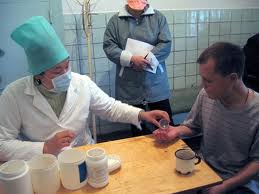 Kazakhstan is striving to build a health system that aligns with the global primary care declaration made on its soil three decades ago. Sharmila Devi reports from the capital, Astana. Since the first international declaration underlining the urgency of primary health care was signed under WHO auspices in Alma-Ata in 1978, parts of the former Soviet republic of Kazakhstan have changed almost beyond recognition.
Kazakhstan is striving to build a health system that aligns with the global primary care declaration made on its soil three decades ago. Sharmila Devi reports from the capital, Astana. Since the first international declaration underlining the urgency of primary health care was signed under WHO auspices in Alma-Ata in 1978, parts of the former Soviet republic of Kazakhstan have changed almost beyond recognition.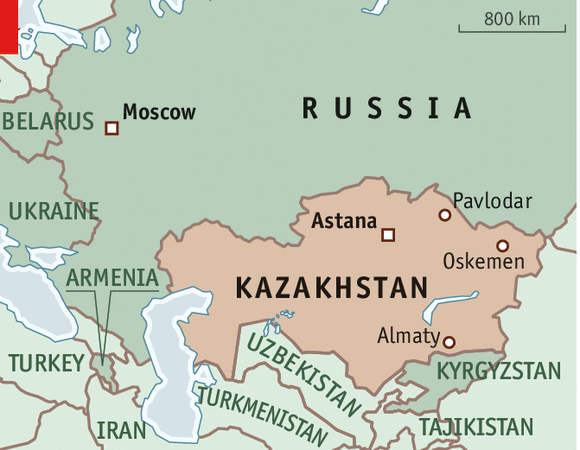 A GOLD-CLAD warrior on a white horse trotted through the streets of Pavlodar in Kazakhstan in early June, at the head of a flag-waving procession on its way to a stadium, where thousands of young people joined a rapturous chorus of the national anthem. The jingoism marks an obscure holiday celebrating national symbols. But in this town, just 100km (63 miles) from the Russian frontier, it is also a response to Russian sabre-rattling.
A GOLD-CLAD warrior on a white horse trotted through the streets of Pavlodar in Kazakhstan in early June, at the head of a flag-waving procession on its way to a stadium, where thousands of young people joined a rapturous chorus of the national anthem. The jingoism marks an obscure holiday celebrating national symbols. But in this town, just 100km (63 miles) from the Russian frontier, it is also a response to Russian sabre-rattling.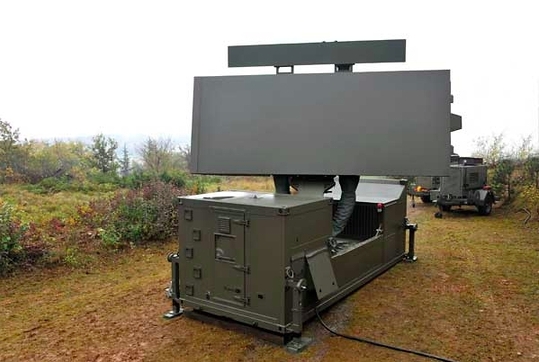 During its big defense expo last month, Kazakhstan announced that it is buying air defense radars from French-American company ThalesRaytheonSystems.
During its big defense expo last month, Kazakhstan announced that it is buying air defense radars from French-American company ThalesRaytheonSystems.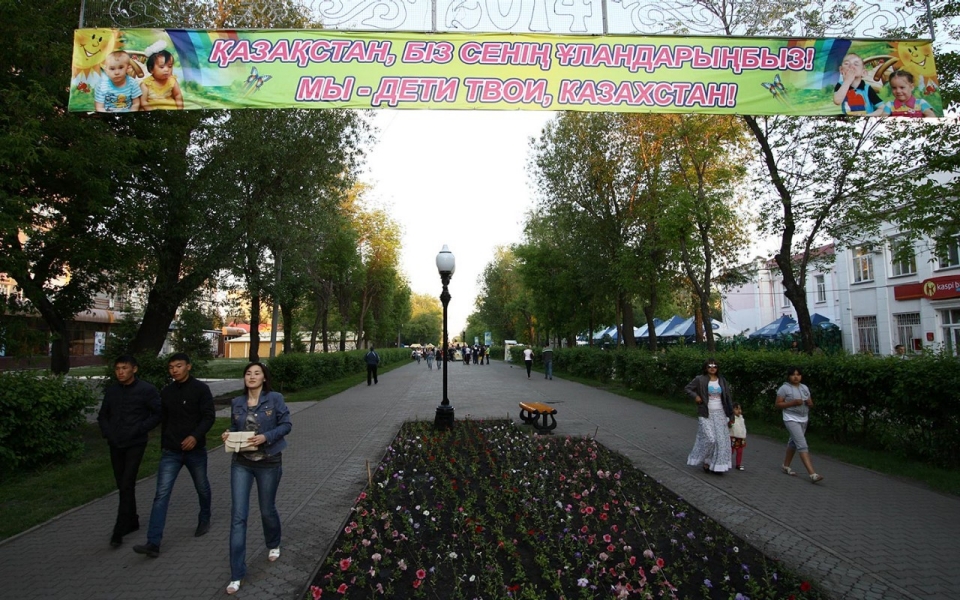 It appears Russian President Vladimir Putin's imperial ambitions aren't limited to economics and politics. The master of the Kremlin also wants to advance his agenda via sports, namely with the creation of a new football super league comprising leading teams from Russia and other formerly Soviet republics.
It appears Russian President Vladimir Putin's imperial ambitions aren't limited to economics and politics. The master of the Kremlin also wants to advance his agenda via sports, namely with the creation of a new football super league comprising leading teams from Russia and other formerly Soviet republics.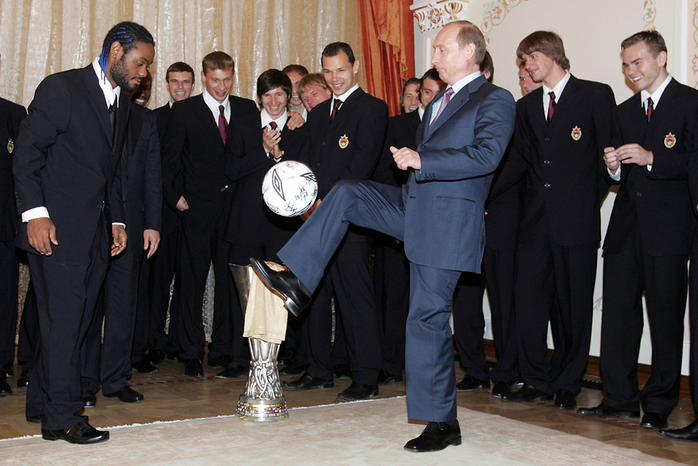 This is the first in a two-part series on Kazakhstan focusing on issues of national identity. This installment explores Kazakhstan's relationship with Russia.
This is the first in a two-part series on Kazakhstan focusing on issues of national identity. This installment explores Kazakhstan's relationship with Russia.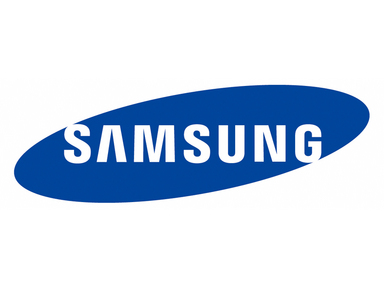 Samsung C&T signed an US$18.8-billion deal to sell electric power generated in a coal-fired thermal power plant in Kazakhstan to the Kazakh government for the next 20 years. This is one of the deals made during the state visit by Korean President Park Geun-hye.
Samsung C&T signed an US$18.8-billion deal to sell electric power generated in a coal-fired thermal power plant in Kazakhstan to the Kazakh government for the next 20 years. This is one of the deals made during the state visit by Korean President Park Geun-hye.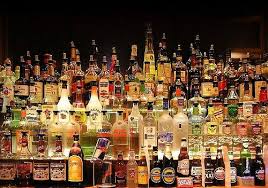 Hard-drinking Kazakhstan is moving to curb alcohol abuse by extending a ban on late-night alcohol sales. The new bill banning retail sales between 9 p.m. and noon was signed into law by President Nursultan Nazarbayev on June 18. The rules extend an existing late-night ban on alcohol sales (including beer) and will hit retail outlets which do a roaring trade in late-night booze sales. Restaurants, bars, and nightclubs will not be affected.
Hard-drinking Kazakhstan is moving to curb alcohol abuse by extending a ban on late-night alcohol sales. The new bill banning retail sales between 9 p.m. and noon was signed into law by President Nursultan Nazarbayev on June 18. The rules extend an existing late-night ban on alcohol sales (including beer) and will hit retail outlets which do a roaring trade in late-night booze sales. Restaurants, bars, and nightclubs will not be affected.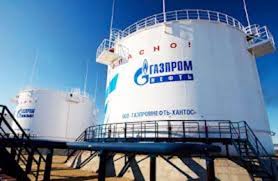 Venable cut ties with Gazprom, the Russian gas monopoly used as a political tool by the country's strong man Vladimir Putin, effective March 31. The DC legal/lobbying firm collected $250K during the year ended April 30, according to its federal filing.
Venable cut ties with Gazprom, the Russian gas monopoly used as a political tool by the country's strong man Vladimir Putin, effective March 31. The DC legal/lobbying firm collected $250K during the year ended April 30, according to its federal filing.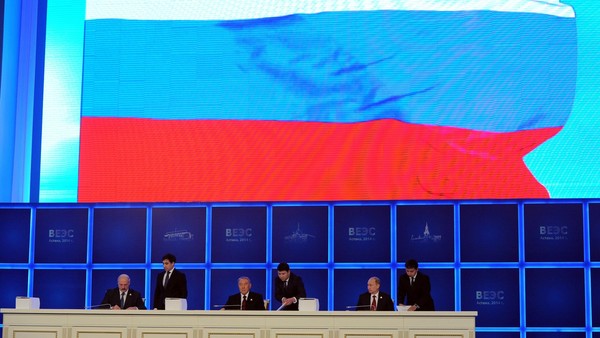 The emergence of the Eurasian Economic Union raises concerns about growing isolation from the west. In the Palace of Independence in Astana, the post-Soviet capital of Kazakhstan, the three heads of state rose to their feet in front of a 1,000-strong audience of senior officials, and somewhat awkwardly gave themselves a round of applause.
The emergence of the Eurasian Economic Union raises concerns about growing isolation from the west. In the Palace of Independence in Astana, the post-Soviet capital of Kazakhstan, the three heads of state rose to their feet in front of a 1,000-strong audience of senior officials, and somewhat awkwardly gave themselves a round of applause.

